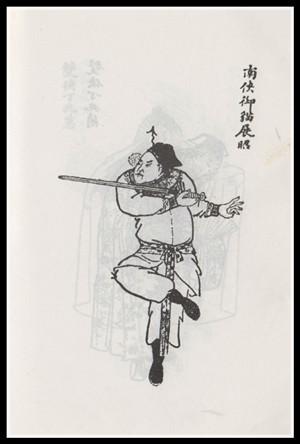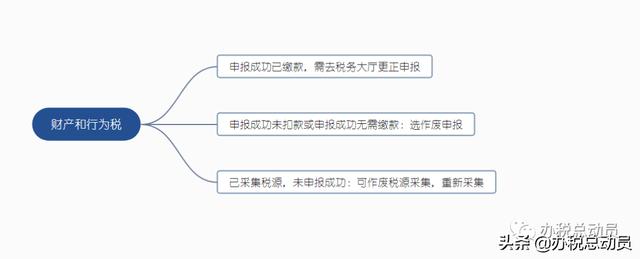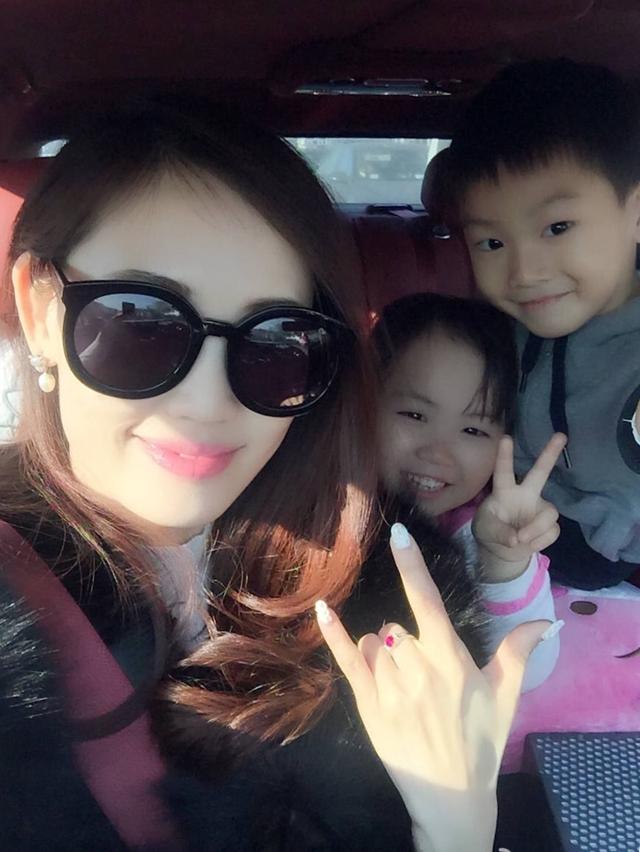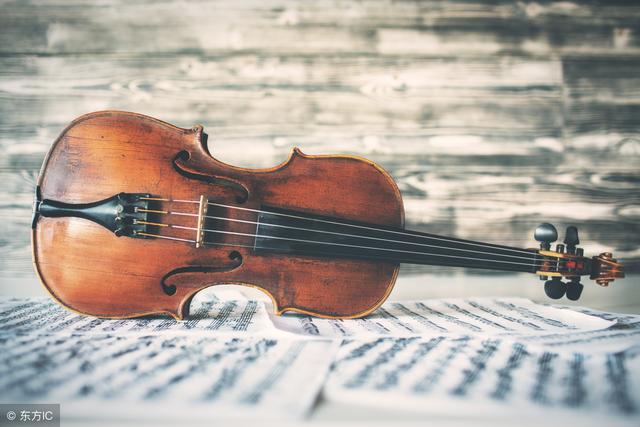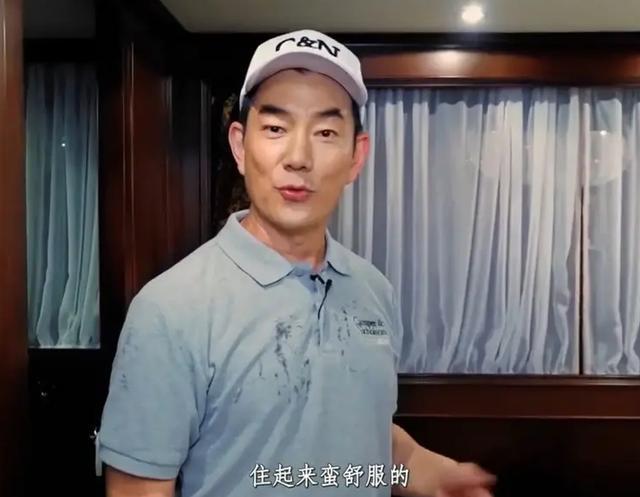Unit 61-64
一:what’s the matter with you ? 你怎么啦? how’s your mother today?
二:“不舒服,得病了”几种表达方式:
feel ill 觉得不舒服
look ill 看上去病了
反义词feel well look well

三:具体生了什么病的表达方式
sb.+have/has+a/an+病痛名称表达“某人生了什么病”.当主语为第三人称单数时,“have”要改为“has”; 当表示疾病的名词以元音音素开头时,冠词“a”要变为“an”。
Have a cold感冒
have a bad cold 得了重感冒
have a flu得了流行性感冒
have a fever发烧
have a hot temperature发高烧
have a toothache牙疼
have an earache耳朵疼
have a stomachache胃疼
have a backache 背疼
have a headache 头疼
have mumps 得了腮腺炎
have measles 得了麻疹

补充
Have a bad cough 咳嗽的很厉害
Have diabetes 有糖尿病
have high blood pressure 有高血压
四:不舒服了怎么办? 看医生
call the doctor 给医生打电话
see a doctor 看医生
see a dentist 看牙医
五:医生看病的表达方式
Open your mouth
show me your tongue 让我看看你的舌头
六:医嘱:
You must stay in bed卧床 stay in bed for another two days 再卧床两周remain in bed
You must go to bed early
You must stay at home for two days
You must take /have an aspirin 吃一片阿司匹林
You must take/have some medicine 吃些药
You must have more water .要多喝水
you must keep the room warm 你必须保持房间温暖
you mustn’t get up . 你不应该起床。
you mustn’t go to school 你还不能上学
you mustn’t eat rich food 你不能吃油腻的食物
Don’t eat rich food .不要吃油腻的食物
Don’t have tea 不要喝茶。
Don’t have coffee.不要喝咖啡。
You mustn’t have a drink .不要喝酒。

补充:Have可以和各种食物,药,搭配,意思是,吃什么,喝什么
Have an apple 吃个苹果
have dinner 吃晚饭
have breakfast 吃早饭
have lunch 吃中午饭
have medicine 吃药
have soup喝汤
have tea 喝茶
have coffee 喝咖啡
have a drink 喝酒
have a candy 吃糖
have supper 吃晚饭
have a glass of water 喝杯水
Have some juice 喝点果汁

辨析 :
so 所以和 because因为
Too也(肯定句,疑问句)和 Not ---either 也不 (否定句)
He likes music, and I like music ,too.我也喜欢音乐。
He doesn’t like winter, and I don’t like winter either .我也不喜欢冬天。
七:短语
play with sth 玩什么东西
play with fire 玩火
play with snow 玩雪
play with matches 玩火柴
play with sb 和某人一起玩
drive so quickly
make a noise喧闹
break the vase 打破花瓶
Lean out of the window.身体探出窗外
八:情态动词must用法详解
must是情态动词,没有人称或数的变化,后接动词原形
一、表示义务、命令或必要,必须、应当,一定要”
You must talk to them about their study.你必须同他们谈谈关于他们学习的事.
二.表坚定的建议.
You must come and see us 你得马上来看我们.
肯定句:You must finish it today. 你一定要在今天完成它。
You must see the doctor. 你一定要看医生。
疑问句:must的疑问式是将must提在主语前。must用在问句中作“必须”解,这时要注意肯定与否定回答时的用语。
其肯定简略答语是Yes,主语 must。
若是否定回答,则是No,主语 needn't或don't have to。例如:
.Must I clean the dining room at once?我必须马上打扫餐厅吗?
Yes,you must.是的.
No,you needn't.不必马上打扫.(No,you don't have to.)
—Must I finish my homework today? 今天我必须完成我的作业吗? —No,you needn't. / Yes, you must. 不必。/ 对,你必须完成
Must you go so soon? 你一定得这么早就走吗?
否定句,在否定结构中表不许.
You mustn't leave here.你不能离开这儿.
must的否定式是在must后面加上not,常缩写成mustn't,意思是“决不可;千万不能;务必不要,一定不要”、“不能”
We mustn't get up . you must stay in bed
You mustn't tell her this news. 你绝不能(千万不要)告诉她这消息。
,